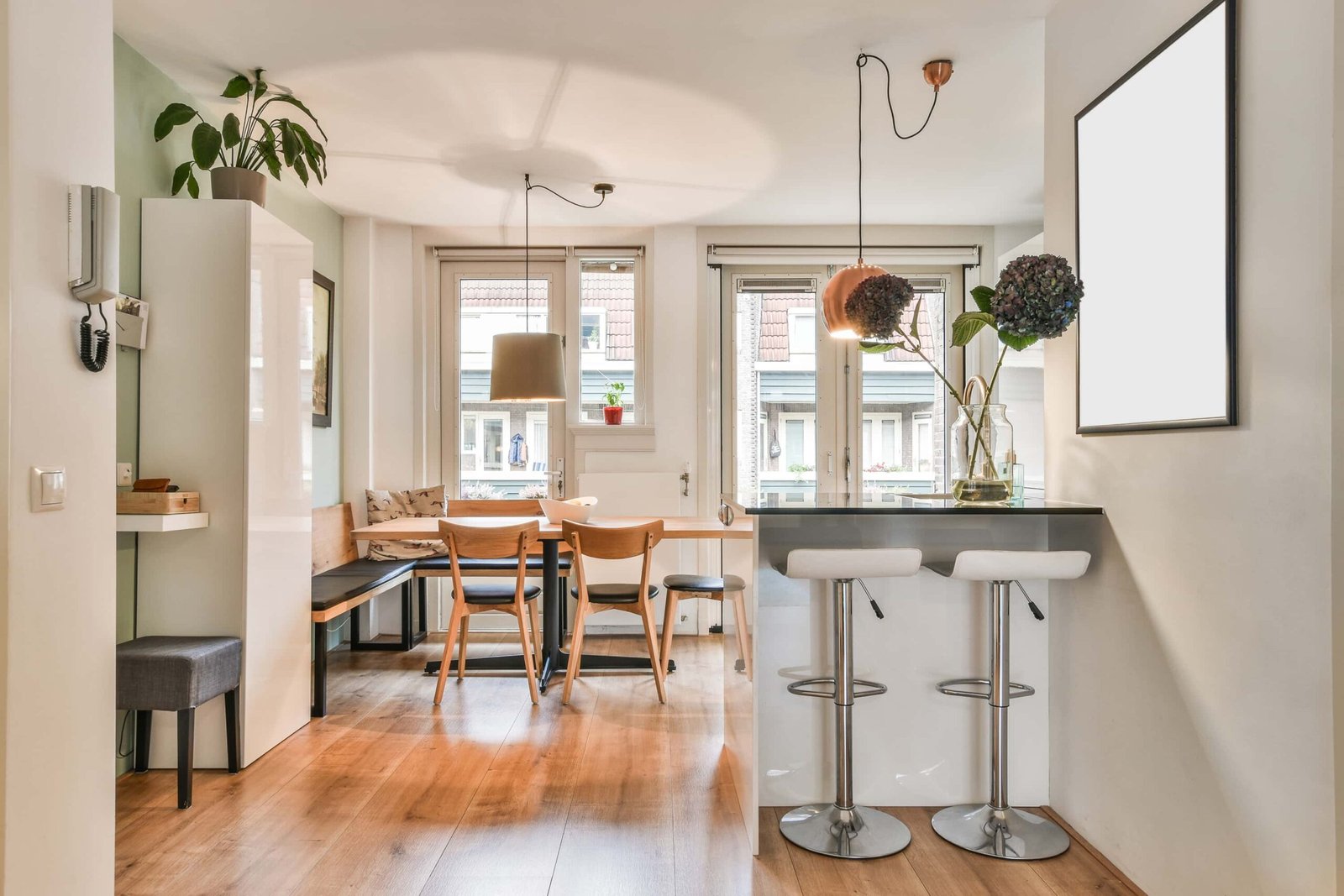Lexidy Home » Services – Global » Services in Portugal » Tax – Portugal » Non-Habitual Resident Program in Portugal
Discover the Benefits of Non-Habitual Residence in Portugal
Unlock a World of Tax Advantages and Lifestyle Benefits in One of Europe’s Most Desirable Destinations
Portugal is calling for you...
The Non-Habitual Resident program is a special tax regime to attract foreign citizens to Portugal. These individuals can move to Portugal after receiving an employment offer, relocating with a foreign company, and may enjoy a lower flat tax rate than Portuguese nationals.
Given the end of the NHR from January 1st 2024, non EU citizens would need to have a valid residence visa issued until the end of 2023 and a proof of residence in Portugal to be able to apply for the NHR
Contact Us
How can a lawyer help me?
A lawyer can help you determine what documents are required and whether you meet the necessary requirements in order to apply for this special regime.
Lawyers can also assist you in correctly responding to these requests for extra information or justifications for certain documents, as the tax authority often sends letters requesting this information.
Having experts in the field can help avoid penalties for non-compliance with this system’s requirements.
How to Become a Non-Habitual Resident?
The main way to obtain this special tax status is to file an online application with the Portuguese tax authorities, known as the Portal das Finanças. This must be completed after the person becomes a tax resident, and until March 31st of the year after your move.
What are the requirements?
To qualify for the Non-Habitual Resident program, you must meet the following criteria:
- You must qualify as a Portuguese tax resident
- You must file an application form
- You cannot have been a Portuguese tax resident in the previous five years
A person becomes a Portuguese tax resident after spending more than 183 days in the country during a 12-month period or tax year.
If you are there for a shorter period of time and have a home in the country, you can also become a Portuguese tax resident.
What are the benefits of NHR status?
If you have NHR status, your foreign-earned passive income can be tax exempt in Portugal for ten years. It also means that your foreign income isn’t subject to double taxation. This covers income from dividends, interests, royalties, rents, and some capital gains.
Also, employment and self-employment income in Portugal is taxed at a flat rate of 20% if derived from a high added value activity.
This is much lower than the 48% progressive tax rate that some in Portugal pay.
The General Process for a Non-Habitual Resident Program in Portugal
1. Prove residency
Firstly, you must establish that you have a legal right to live in Portugal.
It is possible for EU/EEA/Swiss citizens to register without a visa. They may register for residency at their region’s city hall, but they don’t have to prove it. They must present their passport and EHIC Card, but they don’t have to provide their current address.
To live in Portugal, non-EU citizens must first receive a residence permit. The permit may be obtained in a number of ways, but the two most frequent ones are the Golden Visa or Passive Income programs.
You can apply either through the “SEF” site or at a Portuguese embassy in their country.
2. Get a Portuguese tax ID number
In order to perform any business or official or legal activities in Portugal, you must obtain a NIF number, which is a nine-digit tax identity number. Non-residents can obtain a resident’s non-resident tax number through their lawyer in Portugal. In Portugal, residents can obtain it directly at the local tax offices, or Finanças.
You can do this with an ID card or passport and your proof of residency.
3. Register as a Portuguese tax resident
You should register with the Finanças as a tax resident once getting you NIF
4. Apply for Non-Habitual Resident Program
You must have a NIF number, an email address, a phone number, and a fiscal address to register. With these, you can register with the government’s website and you’ll receive a password in the mail in about two weeks.
With this password, you can log into the platform and complete the online application form. This step also requires you to provide the following information:
Five years of tax returns
A property deed or rental agreement in Portugal
Proof that you were not a Portuguese tax resident in the previous five years
High-Value Activity Professionals and special taxes
If you working in Portugal, you may qualify for high-value activity and your Portuguese income may be taxed at just 20% as well. The following table shows some of the professionals that Portugal’s immigration officials consider to be of high value.
Specialized, commercial and administrative Managers | Medical and dental professionals | Journalists, linguists and performance artists |
University lecturers and higher education teachers | IT professionals | Industrial and construction workers |
Scientists, engineers and mathematicians | Executives | Agricultural workers |
If you are employed as one of the above in Portugal, you will be taxed at a flat rate of 20%. This also applies to self-employed workers.
Real estate income is taxed 28%, while capital gains are taxed at the normal 50% progressive tax rate.
What Our Clients Are Saying
Trust our proven track record of successful cases with Habitual Residence in Portugal.
Frequently Bought Together
Passive Income VIsa
The D7 visa is a type of long-term visa that enables people to live in Portugal based on their income or passive income.
Autónomo Registration (Tax)
Self-employed tax registration in Portugal allows individuals to access a range of benefits such as social security, tax deductions, and access to funding and grants.
Registration at Social Security
Registering for social security in Portugal provides individuals and businesses with a safety net of healthcare, pensions, and other social benefits, while also ensuring compliance with Portuguese labor laws.
Frequently Asked Questions
It usually takes a few weeks
The most beneficial time to file your application is before March 31st in the year before you become a tax resident
The program lasts for ten years.
Yes. You must be in the country for at least 183 days a year but it doesn’t have to be consecutive days.
Portugal has double taxation treaties with around 80 countries worldwide. This includes most European Union countries as well as European countries. It also includes the US and large parts of South America. Parts of the Middle East, like the UAE and Oman, as well as Africa, are also part of this treaty.
If your income comes from a so-called tax haven it is effectively blacklisted and then taxed at a rate between 28% and 35%. This includes royalties, financial assets, real estate income and capital gains from property and share selling.
Our work is to make clients happy
We are a department formed by qualified legal experts who have been trained in the field of immigration law. We work on these requests every day and it’s our passion. For us, Lexidy is a way of life and what excites us the most is to be able to deliver the happiness and satisfaction of a successful immigration process. We want to help you achieve your goals and dreams.

Joana Mello
Joana Mello
Joana is originally from Rio de Janeiro, but has been living in Lisbon for the last 7 years where she completed a Masters Degree in Tax Law, at Universidade Católica Portuguesa. She is specialized in international tax law, focusing on expat management. She loves assisting people who come to Portugal to facilitate their tax matters. Joana has worked at three recognized law firms in Lisbon. Languages: Portuguese, English and Spanish.

Contact Us
Subscribe to our newsletter
Stay ahead of the changes that matter to you


